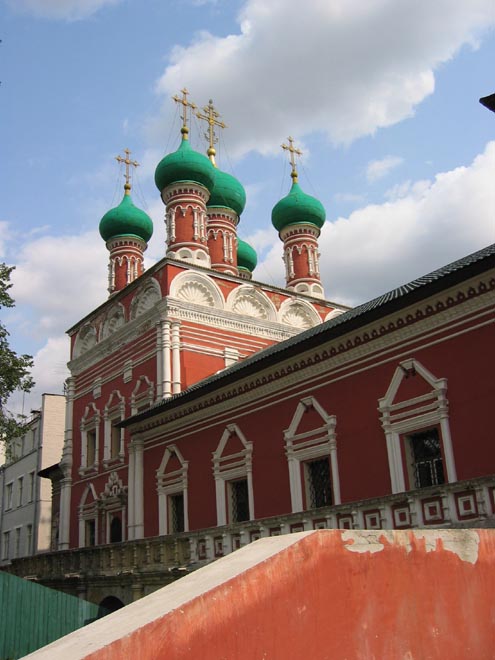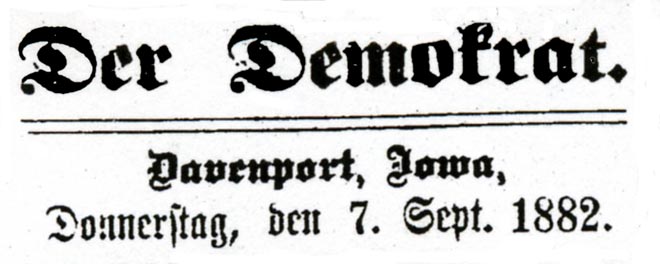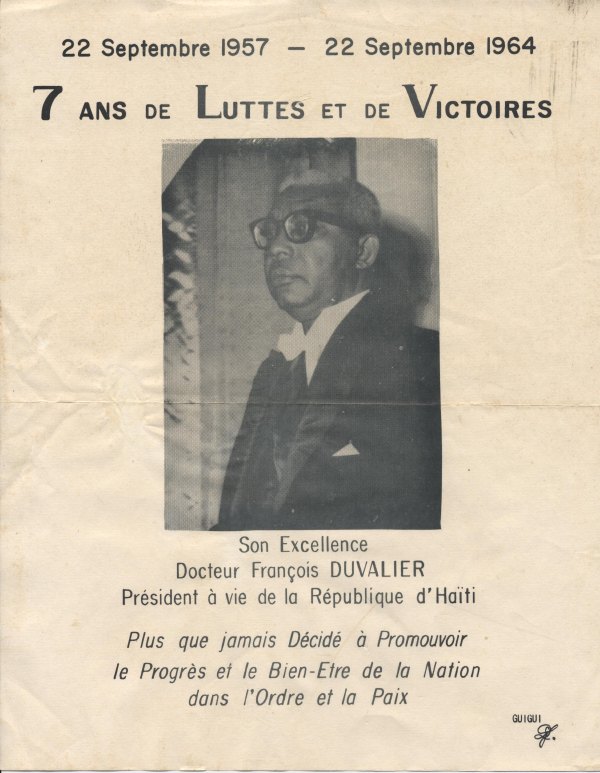Russian Diary

My first trip to the USSR was in 1968. Since then, I've frequently lived and traveled in Russia. My most recent stay was from 2005 to 2008. After the Soviet Union collapsed, Russia wobbled as people struggled to replace past ways of thinking and habits. At times the country seemed headed for disorder, an unsettling thought for Russians and the rest of the world. Russia possessed, and still possesses, considerable military power. Russia's peaceful transition to a more open and democratic society remains one of the few bright spots in 20th century history. In my diary I recorded my thoughts and observations about today's Russia. Click here for the recent diary entries.
Translations from 19th Century German-American Newspapers

German immigration to the United States grew strongly in the mid-19th century, a time when the American newspaper industry was radically changing. Small, partisan political tracts were giving way to papers financed by advertising revenues. Since advertising rates depended on larger circulations, newspapers changed their content to appeal a wider readership.
Some newly-arrived German entrepreneurs eagerly founded German-language newspapers to serve the growing the German-American community. Their coverage extended beyond German-American community events to cover a wide range of social and political issues, such as: the separation of church and state, anti-semitism, civil rights for African-Americans, temperance, etc.
Anti-German sentiment during World War I ended German-language journalism. Some states banned German newspapers and even German language instruction in schools. Click here for a few translations from the La Crosse, Wisconsin's Nord Stern and Davenport, Iowa's Der Demokrat.
Translations from 19th Century German Newspapers on America
German papers covered events in the United States, for increasing numbers of their readership had friends and relatives who had emigrated to America. Readers also remained interested in how the world's largest republic was developing, especially after the failed attempts in 1848 to ease autocratic government in German-speaking countries. Click here to read an especially moving German tribute to Lincoln which declares: "Assassination is an open declaration of bankruptcy of every cause it seeks to declare."
Haitian Tragedy

On January 12, 2010, a severe earthquake destroyed Port-au-Prince and other population centers of Haiti, causing tens of thousands of deaths, homelessness and a national public health crisis. Natural calamities are just one source of tragedy for the long-suffering Haitian people. Historically, they have been plundered by foreign invaders seeking wealth in its natural products, unceasingly despoiled, too, by the greed of its own corrupt leaders.
Click here for articles on Haiti written in the late 1960s and early 1970s by George P. Clark, U.S. cultural attache in Haiti 1965-67. These articles provide some relevant historical background to the international dealing reported among competing foreign prospectors in Port-au-Prince. The section also contains Dr. Clark's photos and documents from the Duvalierist period and provides links to related websites.
A Personal Footnote to WWII
George P. Clark describes a personal experience as tail-gunner on a B-24 for the 308 Bomb Group, 374 Bomb Squadron while in Kunming, China.
Books
I enjoy reading. Sometimes a book moves me to write down some of my thoughts in the form of a review. Click here for some of my book reviews.
Secret Soviet and Russian Inventions
-- English and Russian Summary
The Soviet Union provided legal protection for inventions, either as patents or socialist inventors' certificates. Today's Russian Federation issues patents. Click here for an english synopsis or click here for a Russian sypnosis (text encoding in cyrillic Windows) of my book, Secret Patenting in the U.S.S.R. and Russia, that investigates the history of secret Soviet and Russian patents. My book covers the period from 1917 to the present and draws on archival materials, Russian secondary sources and a statistical analysis of information from the official Soviet and Russian patent journal.
-- Expert Reviews
Click here to see reviews of my book by specialists.
-- How To Purchase
The book can be bought online at Amazon's CreateSpace.

-- Database of Formerly-Secret Soviet Inventions
In writing my book, I constructed a database of 4,566 previously secret Soviet inventions handled by the Soviet Ministry of Defense's Department for Inventions and published between 1942 and 2007. The database drew on information published in various issues of the Byulleten' izobreteniy, otkrytiy i tovarnykh znakov. Click here for access to three Excel files that comprise the database and for information on the data elements.
-- Some Soviet Inventors and Their Formerly-Secret Inventions
Most of the U.S.S.R.'s top military scientists and engineers received secret inventors' certificates. Some prominent military researchers were listed as authors of top-secret inventions that Soviet authorities declassified. Click here for brief biographies of military inventors and a listing of their declassified inventions
Technical Innovation in the Soviet and German Democratic Economies
Slow technological innovation weakened the Soviet centrally-planned economy. A study of detailed enterprise-level invention data painted a bleak picture for the Soviet leadership, showing that lagging industrial innovation: extended to the USSR's defense industrial sector, spanned years, and kept Soviet enterprises technologically behind their Western counterparts. Soviet central planners unsuccessfully sought to improve innovation with numerous economic reforms, including greater use of R&D contracts (see Stanford paper).
The creation of a socialist "patent system" was, perhaps, one of the Soviet state's most important efforts to promote the development and use of new technologies. The USSR's domestic "patents" needed adaptation to non-market conditions, which Soviet officials achieved by creating an inventor's certificate (avtorskoye svidetel'stvo) that assigned an invention's property rights to the state. Member states of the Council for Mutual Economic Assistance, or Comecon, followed the Soviet Union's lead and established similar socialist patent systems. The German Democratic Republic created a Wirtschaftspatent (economic patent) that, like the inventor's certificate, gave patent ownership to the state.
The Soviet Communist Party staffed its patent office, the State Committee for Inventions and Discoveries, with leaders from the military-industrial complex, signaling the overall economic importance of the military. Not surprisingly secret inventor's certificates, which largely relate to military technologies, became an increasingly important part of the USSR's patent system. Secret patents were less important in the GDR, reflecting Moscow's hesitancy to encourage building major defense industries that far west and the GDR's focus on maintaining its citizens support with consumer goods production. Market economies also established secret patents, but they comprised a smaller share of total patent activity. Our study of Soviet and GDR patent secrecy provides the first quantitative cross national estimation of state secrecy.
American Colleges and Universities -- missing information on tests, crime and sports
Tests
When I investigated colleges with my kids, I found most schools unwilling to divulge the average standardized test scores -- GRE, LSAT, MCAT, GMAT, etc. -- of their graduates. While their websites contained much useful information, these test score results are missing, even though it would only cost them pennies to post them. Click here to view what officials at colleges and standardized testing companies told me.
Campus crime
The college guidebook industry ignores the crime statistics that must be reported to the U.S. government. These crime statistics are also relatively difficult to track down on college and university websites.Click here to see more about campus crime statistics.
Sports
Many college administrators are reluctant to release detailed information on how they finance their intercollegiate sports. Under the Equity in Athletics Act (EADA), they're forced to release some general information to the federal government. Summary data from the general reports universities are available online at the U.S. Department of Education Website.)
Click here to access a summary of the 2007-2008 EADA Reports and some examples of the more detailed EADA submissions.
Is Our College Students Learning?
Most educators have ignored student course evaluations for the insights they give to an important question: Is our college students learning?
The following collection of student evaluations attempts to redress this deficiency Click here:



